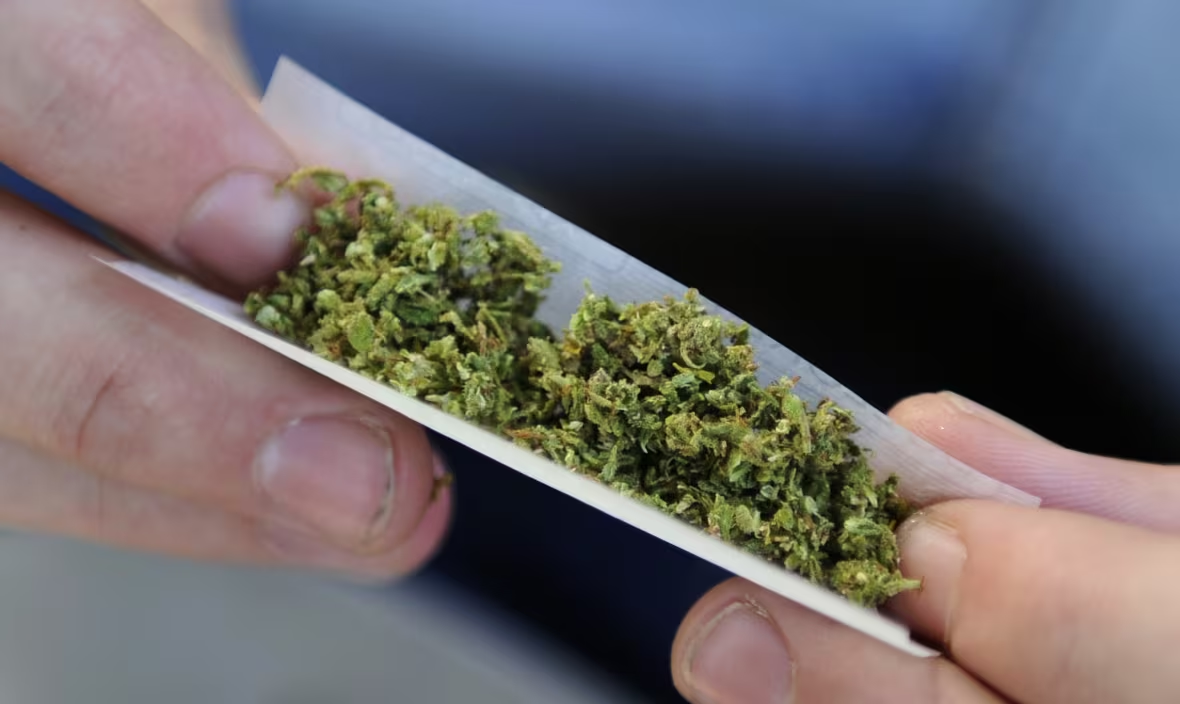Longtime cannabis advocates celebrate legalization day
For some activists, the battle isn't over yet
For Jim West and Trevor Kayzer, Oct. 17, 2018 has been a long time coming.
The two Prince Rupert residents advocated for years for changes to Canada's cannabis laws. On Wednesday, they got their wish as federal legislation kicked in, legalizing the use, sale and growth of cannabis for recreational purposes.
"It's a very definite part of Canada's history because finally we've done away with prohibition," Jim West told Daybreak North host Carolina de Ryk on Tuesday. "I think it's a wonderful day for Canada."
Both West and Kayzer are well-known around Prince Rupert for being champions of the herb. They were involved in the creation of the Sensible B.C. campaign in 2012, which organized a province-wide petition in an attempt to force a referendum on the decriminalization of marijuana possession.
"The law was putting too many kids into jail that didn't belong in jail," said West.
Although the campaign collected about 220,000 signatures, it failed to meet the minimum threshold for a referendum. Since then, Sensible B.C. has since become one of the country's largest marijuana policy organizations.
'Life will go on as usual'
West said the sudden availability of legal marijuana won't make much of a difference in his personal life. He said he doesn't smoke marijuana but only consumes edibles to treat body pain.
Ingestible cannabis products, along with concentrates, won't be legal for another year.
Despite Wednesday's legalization, Kayzer said he is not completely satisfied with the new legal regime. Specifically, he doesn't like a federal rule requiring pot plants be grown out of sight.
"It still smacks of prohibition," he said. "People are trying to keep it behind closed doors just like when they took the prohibition away from alcohol."
West said he doesn't predict there will be major problems — either with policing, impaired driving or even long line-ups to buy cannabis.
"I don't think you'll see any major changes," he said. "I think life will go on as usual."

'Period of transition'
Daniel Wood has researched and written about B.C.'s journey toward legalization, starting from "hippie" pot houses in Kitsilano in the 1960s to smuggling in marijuana from Mexico to sophisticated farming that put B.C. on the international market.
"Although it's legalization today, marijuana has been around and highly available for 50 years," he told Stephen Quinn, the host of CBC's The Early Edition.
"We're in a period of transition where everybody is having to deal with what was and what will be and we are in between those two poles."
For Jodie Emery, a long-time activist, the battle isn't over yet.
"We should be looking at getting rid of the records of all peaceful, non-violent cannabis criminals — including myself. I am convicted of trafficking so now I'm excluded in many ways from the legal market," she said.
"These lawbreakers are the ones who actually changed the laws."
With files from Daybreak North and The Early Edition.